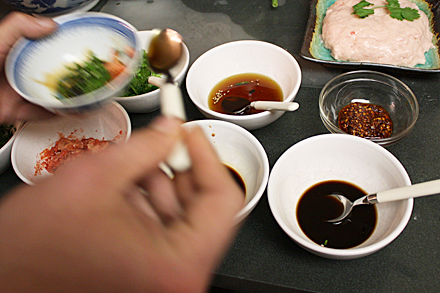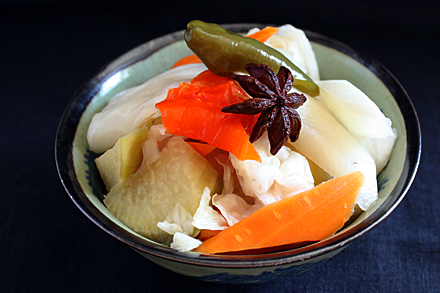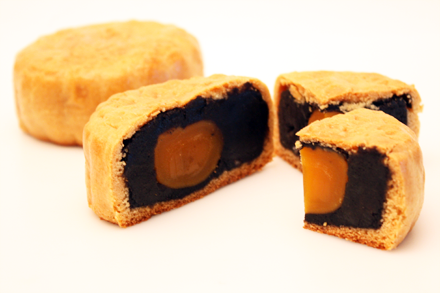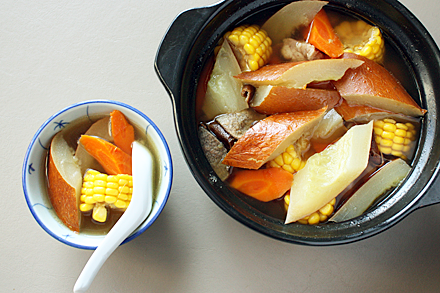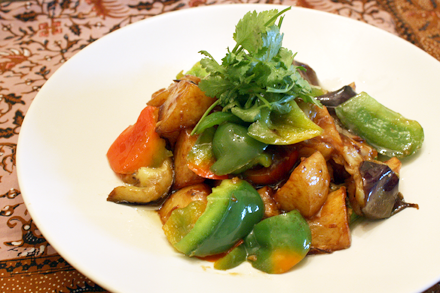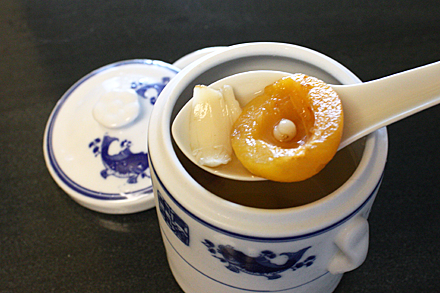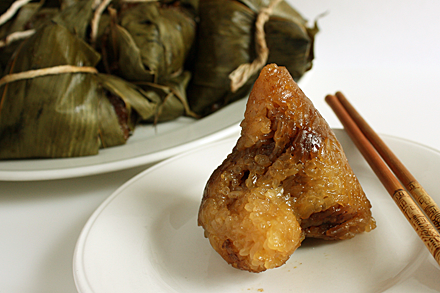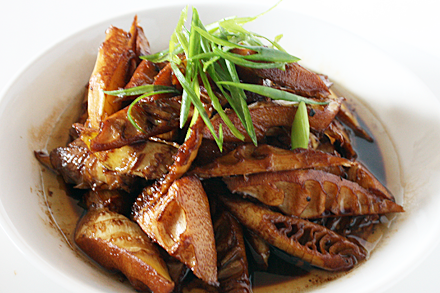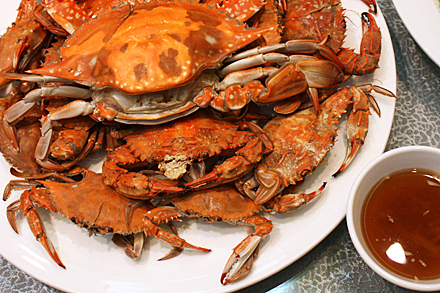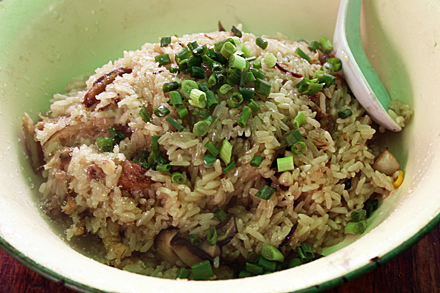The Busy Wooden Horse
My Chinese zodiac sign is the wooden horse, and since this is the year of the wooden horse I’m not surprised I’m starting out the year with a busy schedule. For the first time in a very long while, I did not make a family Chinese New Year dinner at home. But I do have very good reasons for this lapse. First of all I’ve been busy with the manuscript for my upcoming book, which is now due in the spring that I was supposed to have completed last fall. Then I was asked by my very good friends Amy and Romy at Purple Yam restaurant in Brooklyn to help them develop a Chinese New Year menu for their restaurant. And just two weeks before Chinese New Year, through my wonderful friend Wendy Chan, Ron DeSantis at Yale University dining services invited me to put together a home-style Chinese New Year dinner for the students.


